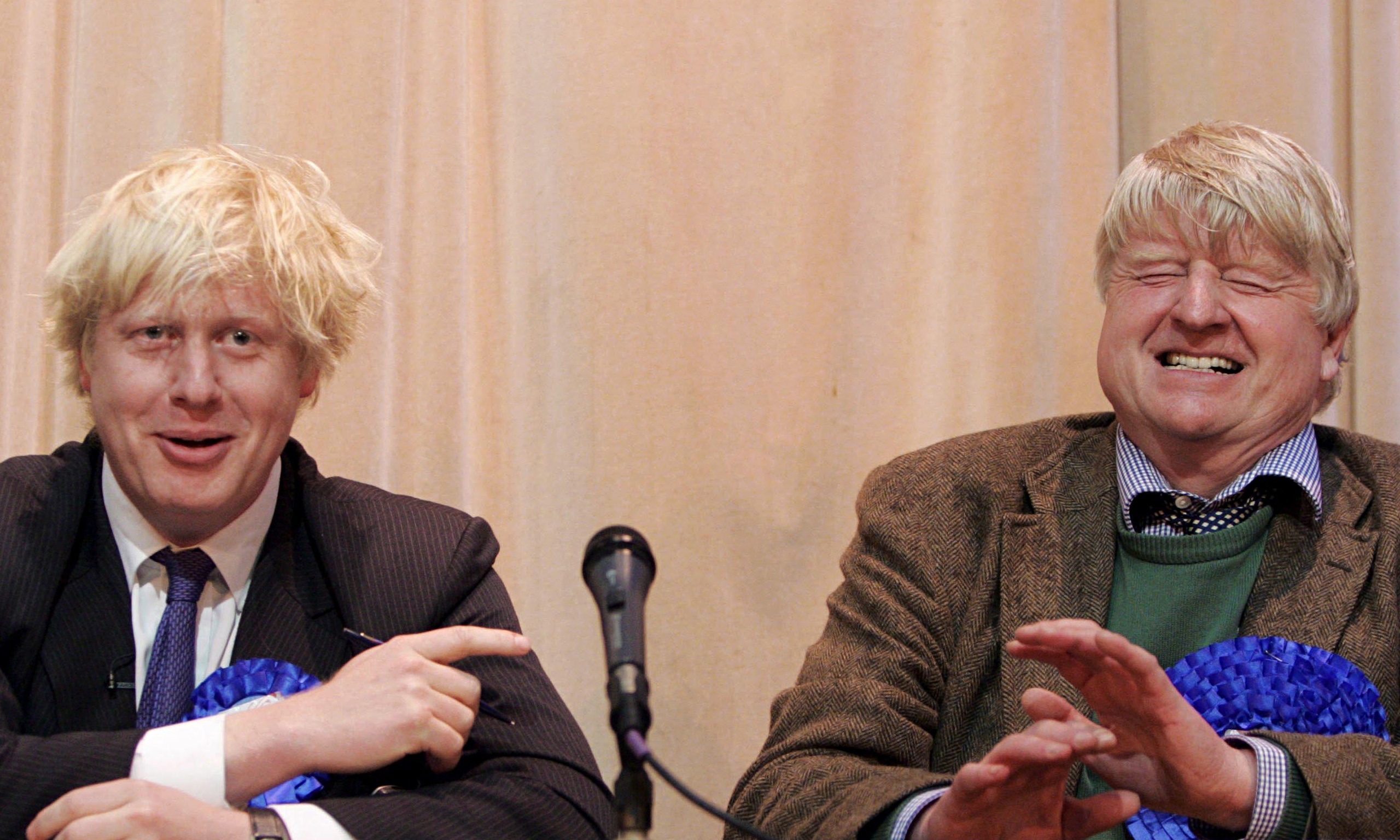Boris, like his attention-seeking dad, is a Europhile at heart
written for The Telegraph, 18 March 2014

Boris, like his attention-seeking dad, is a Europhile at heart
Stanley Johnson is in the news today, having apparently barged into the Tory leadership squabble to demand that his son, Boris, be allowed to stand for the leadership while still Mayor of London, without needing to hold a parliamentary seat. Over at the Guardian, Nicholas Watt tells us Stanley “intervened in the increasingly febrile debate… and blew open” the Tory race.
Pure media guff. I should know, because I was there.
Here’s how a headline gets made: Stanley made a long career as a Eurocrat, even helping weave the snare of environmental regulation which threatens to enmesh his son’s dream of a Boris Island airport. So he was a natural attendee at the launch of European Mainstream yesterday, a group of Tory MPs thanklessly campaigning to reform and remain in the European Union.
Stanley, never one to undervalue his own contribution, stuck up his hand and asked a nigh incomprehensible question about the advantages of avoiding an Intergovernmental Conference (IGC) when renegotiating our EU relationship. The Guardian’s Watt, seizing the moment like a true hack, tried to hijack the Q&A to question not the panel, but Stanley in the audience: did father and son disagree about the EU? Stanley dodged the question, but we were then all treated to the sight of Watt and the Daily Express’s Alison Little nabbing him in a corner, pounding him for good copy about Boris’s true views on his Dad’s beloved Europe.
Stanley was keen to distract the hacks from headlines about Boris and the EU. And he loves the limelight. So he pulled out from his sleeve a few remarks about his oppressed son, so cruelly excluded from any immediate leadership race. Pure smoke and mirrors. This wasn’t a planned intervention – like all the Johnsons, Stanley is at his best when he’s winging it.
But Nicholas Watt’s original question about Boris was closer to the real story. Boris ducks and dives on Europe. Much was made of a column in this paper last December, in which he asked: “what is the point of the EU?” But if you read that column closely, you’ll find that Boris comes up with plenty of possible answers. As soon as Michael Gove announced in May that he’d vote to leave the EU tomorrow, Boris replied with a stinging rebuke: “most of our problems are not caused by ‘Bwussels’, but by chronic British short-termism, inadequate management, sloth, low skills, a culture of easy gratification and under-investment in both human and physical capital and infrastructure.”
The truth is that Boris remains resolutely convinced of the importance of Britain remaining in the European Union – my understanding is that his time as Mayor of London has left him even more concerned that the capital’s trade depends on block trade agreements made through the EU. In private, he is said to be scathing about the dogmatism of “Outers”. Boris avoids being pinned down – last weekend he nonchalantly told The Times “I don’t think being in the EU is the be-all and end-all”. After all, it would be unlike Boris to suggest that any big issue of policy is actually worth sweating about. But if, or when, there is a leadership election to replace Cameron, Boris is going to be forced to pin his colours to the mast.




